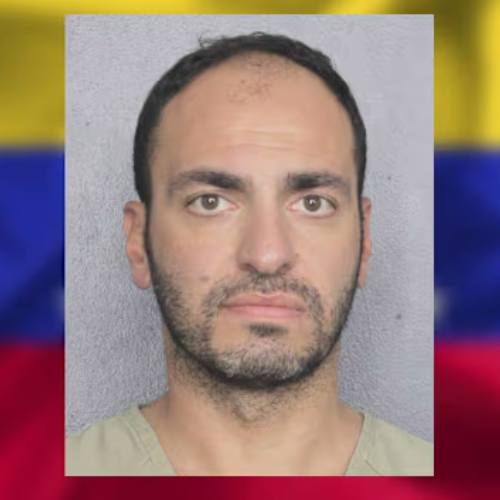The recent arrest of a prominent Turkish businessman in Florida has put the spotlight back on Venezuela’s controversial oil trade. Taskin Torlak, a well-known oil broker with connections to Venezuela’s state-run oil company, was arrested on November 2, 2024, on charges of conspiring to transport Venezuelan oil that was under U.S. sanctions. The arrest could bring more trouble for Nicolás Maduro’s government, which has long relied on oil to fund its operations despite facing international sanctions.
The Arrest and Charges Against Torlak
Taskin Torlak, who owns several shipping companies, was arrested by U.S. authorities after an investigation revealed that he had played a key role in illegally exporting Venezuelan crude oil from 2020 to 2023. The U.S. Department of Justice said that Torlak and his partners made over $32 million by helping Venezuela’s state-owned oil company, Petróleos de Venezuela (PDVSA), bypass U.S. sanctions. The U.S. imposed these sanctions in 2019 to punish Venezuela’s government for corruption and human rights violations.
The U.S. Treasury Department’s Office of Foreign Assets Control (OFAC) had sanctioned PDVSA as part of efforts to stop the Maduro administration from profiting from oil exports. Despite these restrictions, Venezuela’s government has turned to intermediaries like Torlak to continue shipping oil to other countries. In doing so, they hide the origins of the oil, making it difficult for authorities to trace its path.
How Torlak Evaded Detection
According to the U.S. government, Torlak and his associates took extreme measures to conceal the illegal shipments. One of the strategies involved constantly changing the names and flags of the oil tankers used for transporting Venezuelan crude. They also went to great lengths to disable the tracking systems on the ships, making it harder for authorities to track their movements.
Court documents show that Torlak and his partners had a detailed plan to avoid getting caught. They often referred to their tankers as part of a “clean fleet” — ships that were not involved in transporting Venezuelan oil. These tactics allowed them to hide the oil’s true origins and bypass sanctions. The oil was often sold to countries in Asia, with the intermediaries ensuring that it reached its destination without being detected.
U.S. Cracks Down: Turkish Man’s Bold Venezuelan Oil Sanctions Evasion Exposed
In one conversation cited in the investigation, Torlak explained how they used these “clean fleet” ships to hide the fund transfers related to Venezuelan oil. He emphasized the importance of keeping the operation under separate names to avoid attracting attention.
The Bigger Picture of Venezuela’s Oil Trade
Venezuela’s oil industry has been central to the country’s economy for decades, but the U.S. sanctions have made it difficult for the government to access international markets. These sanctions have blocked PDVSA from selling oil to many countries, crippling the country’s ability to earn money. As a result, the Venezuelan government has relied heavily on intermediaries like Torlak and other business figures to continue generating revenue from oil.
Torlak’s arrest shines a light on the shady networks that help Venezuela evade international laws. It also raises questions about corruption within the Venezuelan government. According to the Venezuelan prosecutor’s office, the country’s former oil czar, Tareck El Aissami, used these illicit oil deals to siphon off billions of dollars from PDVSA. El Aissami was arrested in April 2024 on charges of corruption, highlighting the widespread misuse of Venezuela’s oil wealth.
Another important figure in Venezuela’s oil dealings is Álex Saab, a Colombian businessman who has acted as an intermediary for the Maduro administration. Before being arrested by U.S. authorities on money laundering charges, Saab helped market Venezuelan oil to countries that supported Maduro’s government. His involvement in the oil trade also raised concerns about corruption and the manipulation of international financial systems to hide illicit activities.
In addition to oil, Venezuela has also been accused of using illegal gold mining operations to fund its government. Much of this gold comes from the southern regions of Venezuela, where criminal groups control illegal mining activities. Like the oil trade, these gold operations have faced international scrutiny, with the U.S. targeting those involved in trafficking this illicit gold.
Venezuela’s economic activities, especially those linked to the oil and gold industries, remain under the close watch of the international community. The arrest of Torlak is another reminder of the lengths to which the Venezuelan government and its allies will go to avoid sanctions and continue generating revenue, despite facing growing international opposition.


